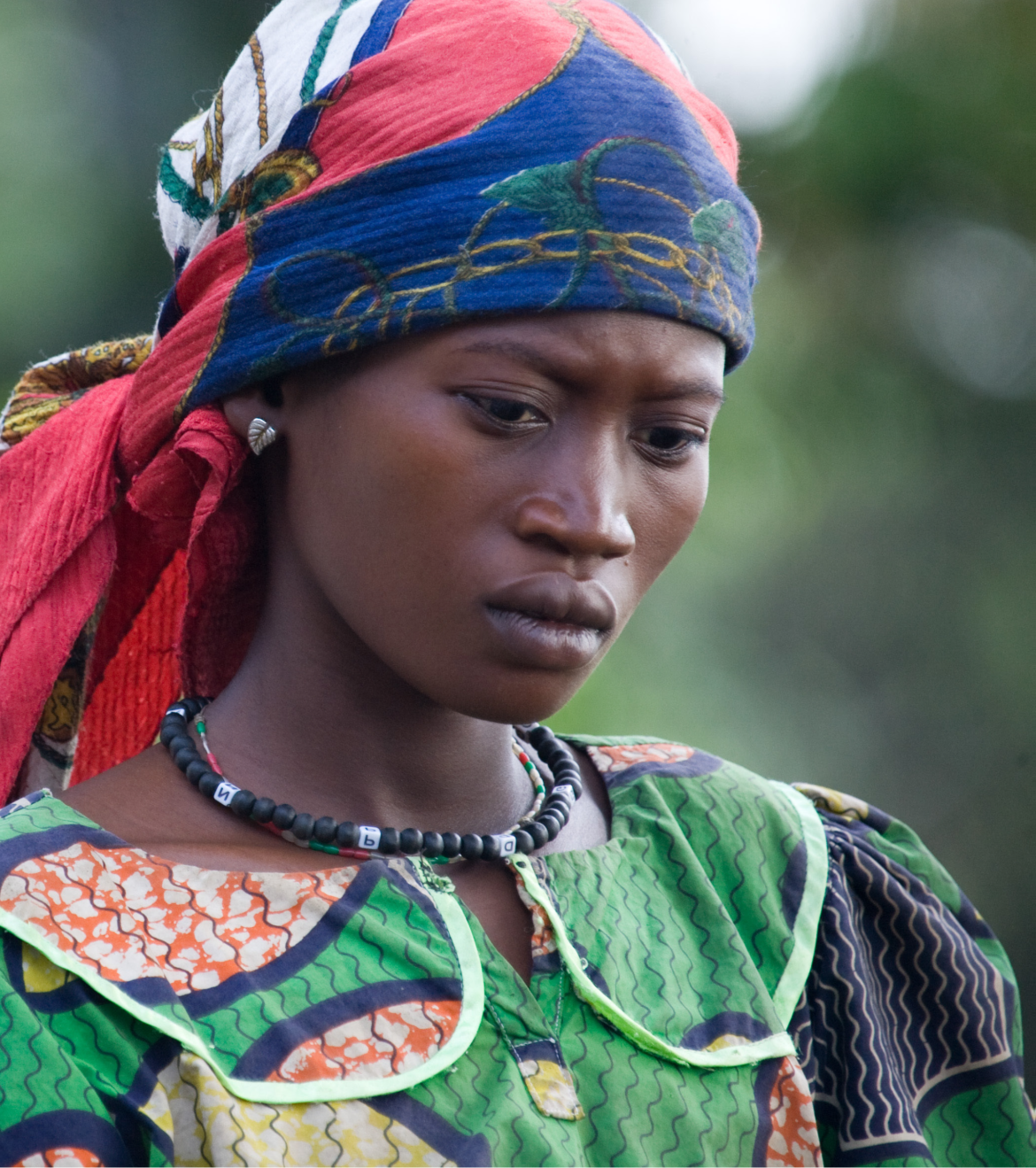Empowering Women Amid Climate Risks: The Global Shield Financing Facility's 2023 Annual Report

In the field of climate risk insurance, gender integration plays a crucial role in addressing the unique challenges women face. According to IFC report estimates, women represent a significant market opportunity for insurance premiums, projected to be between US$1.45 and US$1.7 trillion by 2030.
Since its inception, GIIF has facilitated the issuance of over 14 million agricultural insurance policies to date, reaching nearly 70 million beneficiaries globally. It is estimated that 30-35 million of these beneficiaries are women, given that the program focuses on serving subsistence farmers, the majority of whom are women. We have taken the lead in developing local markets for climate risk insurance, with a focus on integrating gender considerations. By providing access to risk coverage for smallholder farmers, especially female farmers, we are supporting their livelihoods and making a positive impact on their lives. The findings in the Global Shield Financing Facility's (GSFF) 2023 annual report, particularly the 'Advancing Gender Equality' section, align with this commitment. In this blog, we reflect on the report's insights and emphasize the significance of empowering women in climate risk management.
The GSFF's annual report highlights the disproportionate impact of natural disasters and climate risks on women. Approximately 80% of those displaced by climate change are women, with women disproportionately represented among the 4 billion people globally who lack social protection schemes. These statistics reflect the challenges women face in accessing crucial financial services, risk coverage, and information, particularly during emergencies, with women constituting 55% of the world's unbanked adults and have lower coverage in pension schemes compared to men. The report emphasizes the importance of integrating gender considerations into national policies and regulatory frameworks related to disaster risk financing and insurance (DRFI). It highlights that closing the gender gap in the workforce could add US$28 trillion (26 percent) to the global GDP by 2025. Gender integration is not only a matter of human rights but also a catalyst for sustainable economic development.
GIIF's Commitment to Gender Integration: While our work at GIIF and gender studies in the industry have indicated limited frameworks for integrating best practices, we acknowledge the key strategies outlined by the GSFF. GIIF will continue to prioritize addressing gender gaps and supporting the integration of gender-sensitive methodologies in disaster preparedness and recovery. Our recent projects include conducting research on women's access to insurance, incorporating a gender component in GIIF programs, supporting training on women's access to insurance, empowering women insurance supervisors as leaders, and advocating for the integration of a gender perspective in regulation and supervision to enhance financial inclusion. By doing so, we contribute to the GSFF's Gender Strategy, which focuses on three main priorities: incorporating gender into systems and processes, elevating gender knowledge and capacities, and forging collaborative partnerships.
Our commitment extends beyond enhancing resilience to climate risks. We are actively participating in the Gender Committee of the Insurance Development Forum (IDF) to ensure that gender-smart solutions are integrated throughout the entire project cycle of developing and implementing a climate risk insurance scheme, as well as measuring its impact. In partnership with our implementing partners on the ground, we will ensure the collection of sex-disaggregated data in our climate risk and inclusive insurance programs to inform product design and to monitor and evaluate the impacts of resilience building and women's empowerment. In addition, we have recently partnered with the Federation of African National Insurance Companies (FANAF) and the IFC Women's Insurance Program (WIP) to promote gender diversity and equality in the insurance industry across 28 African countries. By empowering women in the insurance sector, we aim to provide more tailored and effective insurance solutions for female clients.
As we reflect on the GSFF's annual report, it is evident that concerted efforts are needed to close the gender gap in climate risk management. Gender considerations must be integrated into diverse models of climate risk insurance at all levels to create a more inclusive and equitable landscape. Empowering women is key to enhancing overall community resilience and driving positive change in the face of climate challenges. The GSFF's annual report sheds light on the disproportionate impact of climate risks on women and the urgent need for gender integration in climate risk insurance.
GIIF remains committed to addressing these challenges and supporting gender-focused initiatives. We invite you to explore the full GSFF Annual Report 2023 for deeper insights.
